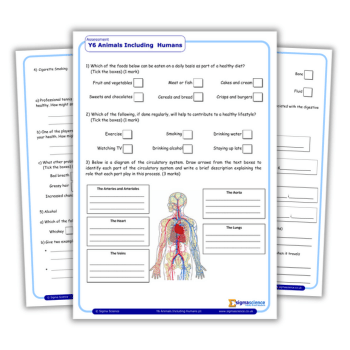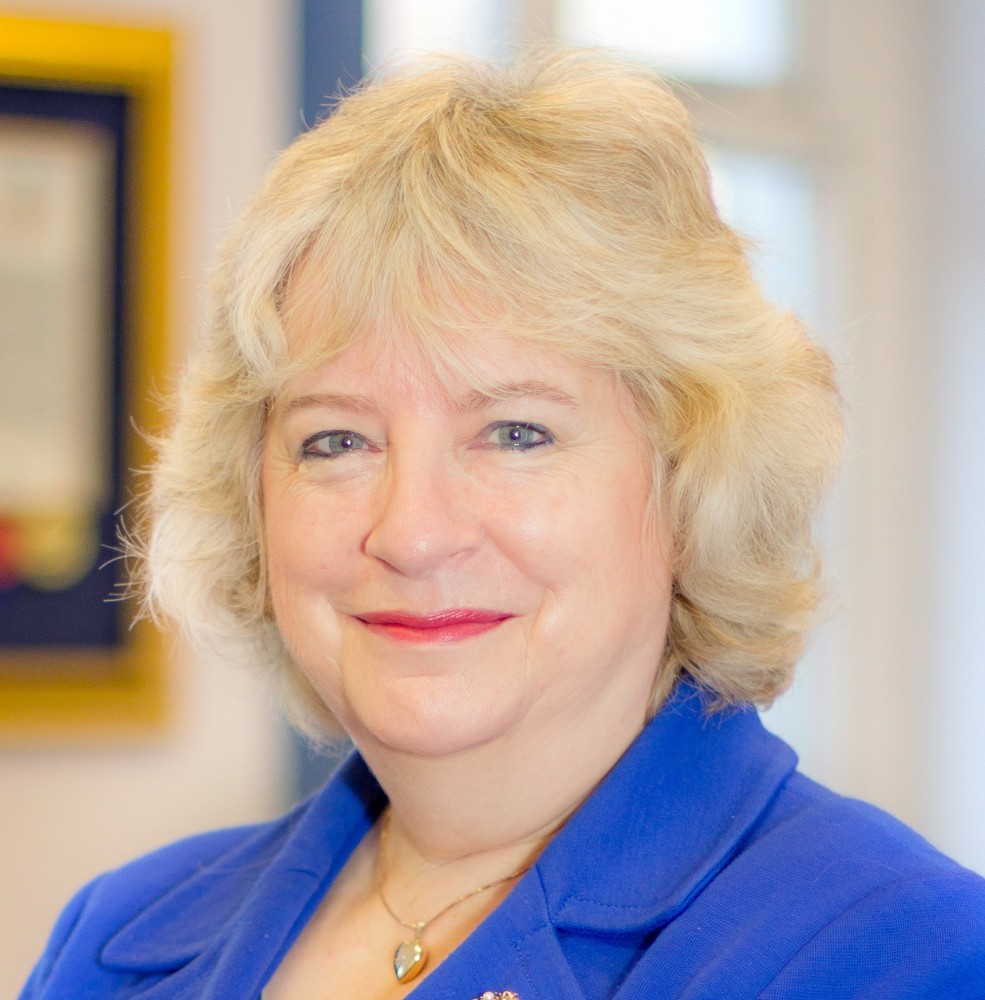Parents’ evening – Ditch it and switch to learning review meetings led by the children themselves

It might be time for a dramatic change to the old ways, says Professor Dame Alison Peacock…

When I was interviewed for headship, I shared my vision for the school as a ‘listening school’. I told the governing body that under my leadership the school would become known as a ‘centre of excellence’.
At the time, the school had been categorised as ‘requiring special measures’ by Ofsted, and my optimistic vision must have appeared starkly at odds with the day-to-day reality of constant monitoring and termly HMI inspections where no progress had been noted in three years.
From those earliest days of headship of a primary school, my core ambition was to provide an example of a school where children and adults were valued and where no one would be labelled or unintentionally held back.
Instead of blaming the incumbent teachers for the school’s poor performance, we began to work as a team to encourage deep collegiate professional learning.
Incessant ‘monitoring’ was replaced with coaching and mentoring.
Professional learning and high ambition engaged the teachers, the wider team and the children in turn.
The school was in the top 100 most improved schools the following year and within three years was judged by Ofsted to be ‘outstanding’ in all categories.
Collective support
As an alternative to the traditional parents’ evening model, where teacher and parents faced each other across a table for 10 minutes, we developed learning review meetings.
We offered all parents of children in Y5 and 6 a learning review appointment. These meetings were 15 minutes long and were held in the headteacher’s office.
Each child prepared a brief presentation about their successes and challenges, using several PowerPoint slides. The pupil sat at my desk and gave a brief presentation of successes and challenges across the full curriculum.
This was followed by a discussion directly involving the child about how we could collectively support their learning. The teacher brought their assessment notes and the books were put out on the coffee table so that we could all see examples of the work that was being completed.
The advantages of this process were many. As headteacher, I met with each Y5 and 6 child, with their teacher and family, twice yearly and gained powerful insight into the progress being made.
However, as a participant in these meetings over time, I was also visibly committing myself to ensuring that anything promised during the meeting would be delivered. There was no hiding place.
This offered rigorous collective accountability to the child and the family.
Typically there would be meetings organised throughout a full day with a separate evening for additional appointments. This meant in a one-form entry school I dedicated two full days and two evenings in the autumn and spring terms to meet with 60 children and their parents.
I had a file that built over time where I recorded the key challenges each child identified about their learning and the actions that we all agreed in the meeting that we would take to help.
These could be very simple things, but impact was achieved when we followed these through consistently, both at home and at school.
Direct feedback
It was rewarding to see the children accelerate their progress during the final two years of primary school. They arrived for the learning review meeting with a mixture of excitement and trepidation.
Children prepared several slides, often including whizzy graphics and images such as photographs from their class blog. The meeting began with the child welcoming everyone to their learning review followed by a brief presentation.
Once the presentation had been made, the teacher picked up on challenges and successes identified and provided their own feedback directly to the child about progress and areas for further development.
This feedback was never about grades or future grades but was specific to the areas of learning that have been covered in class.
Parents were almost always delighted to witness their child’s confident presentation, to hear the dialogue between teacher and learner and to see examples of their child’s work.
They were encouraged to support the child in addressing the next steps for their learning, which could be as diverse as practising spellings, encouraging more reading or rehearsing for a forthcoming play or concert.
This was a rigorous review process that encouraged the highest expectations of every individual. Although it appeared simple, it embodied the culture and ethos of a primary school where no one’s future success was pre-determined or narrowed.
Professor Dame Alison Peacock spent 14 years as a primary head. This is an extract from The ResearchED Guide to Assessment: An Evidence-Informed Guide for Teachers (£12, John Catt). Follow Alison on Twitter at @alisonmpeacock.








